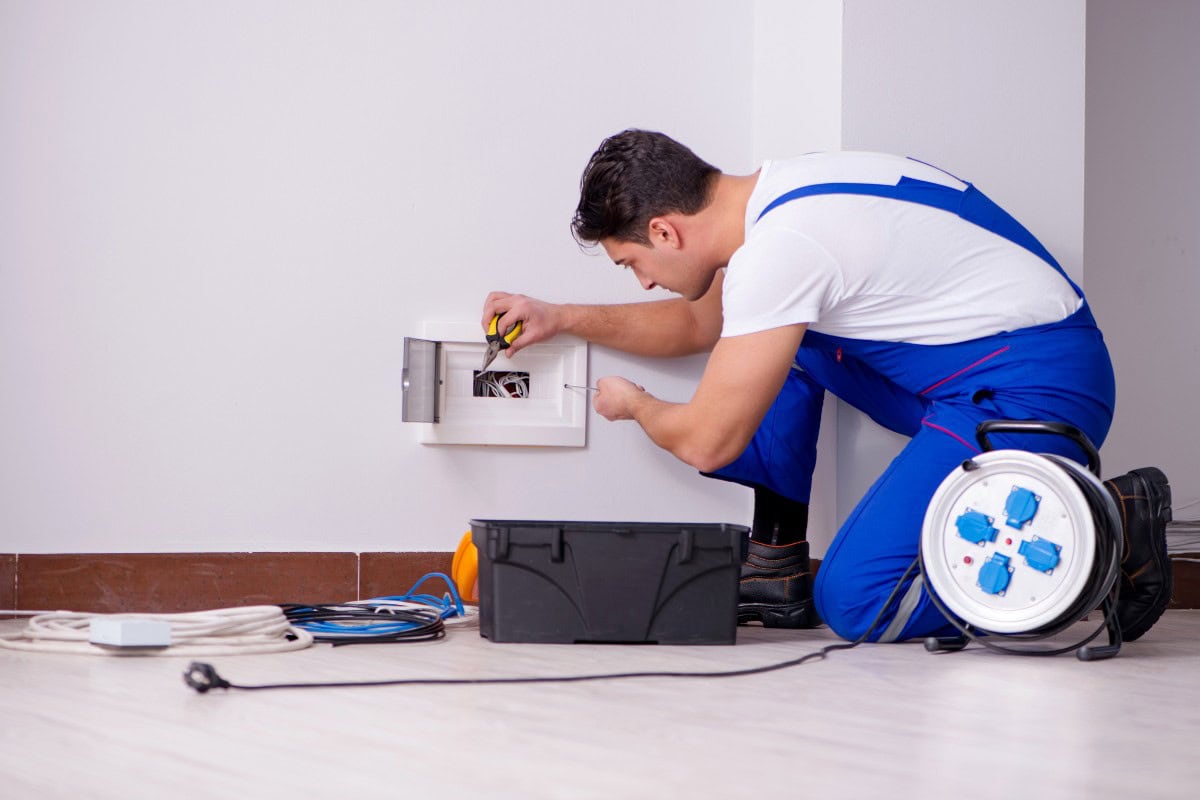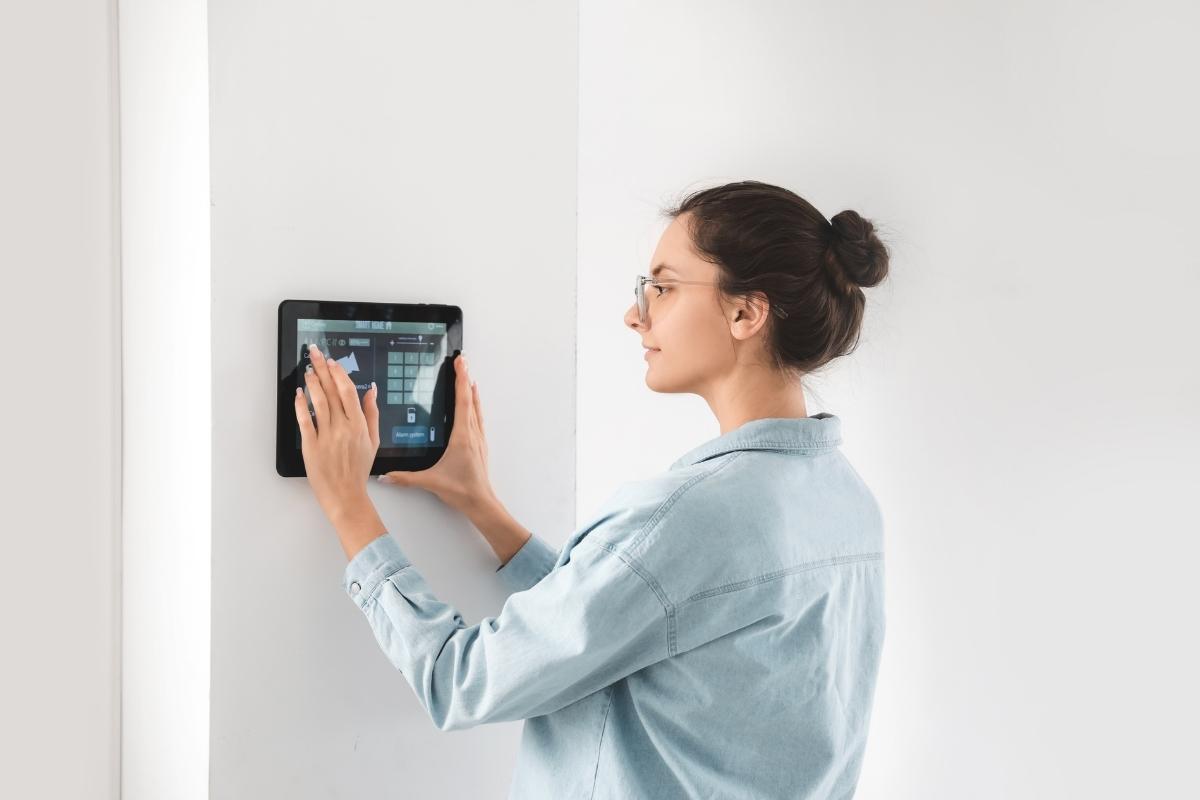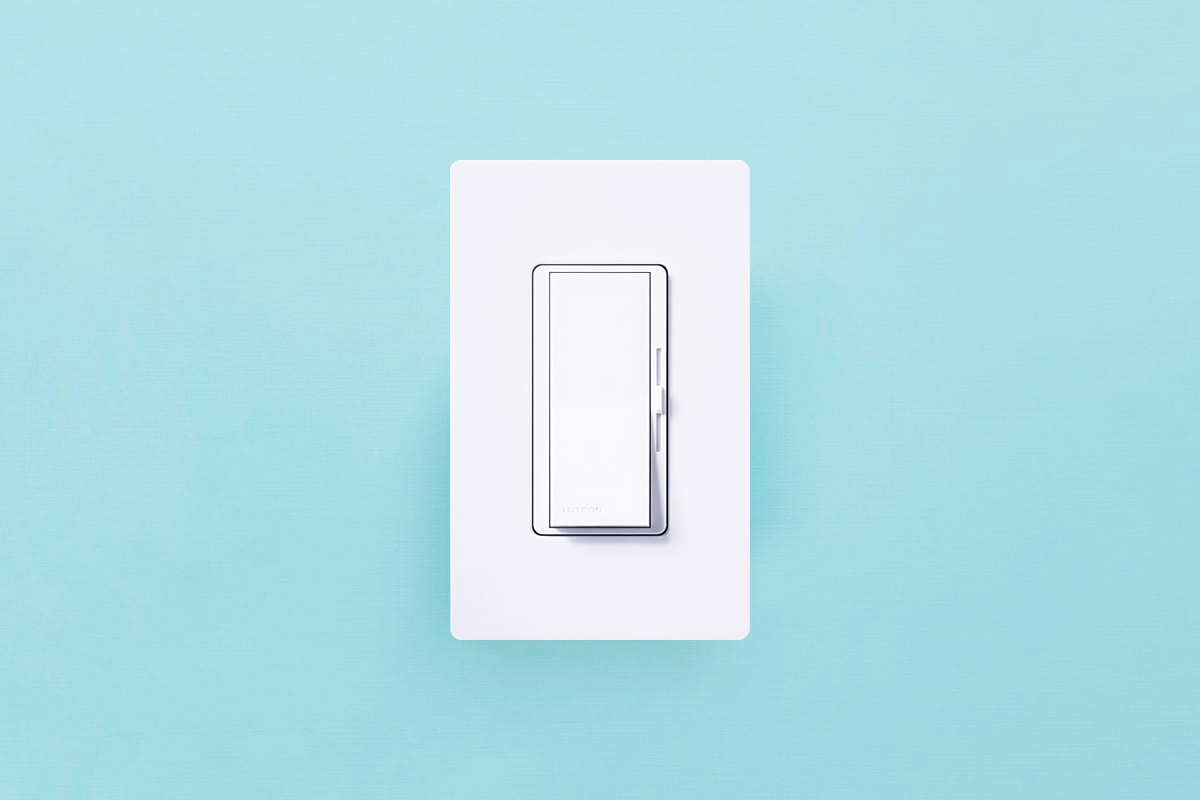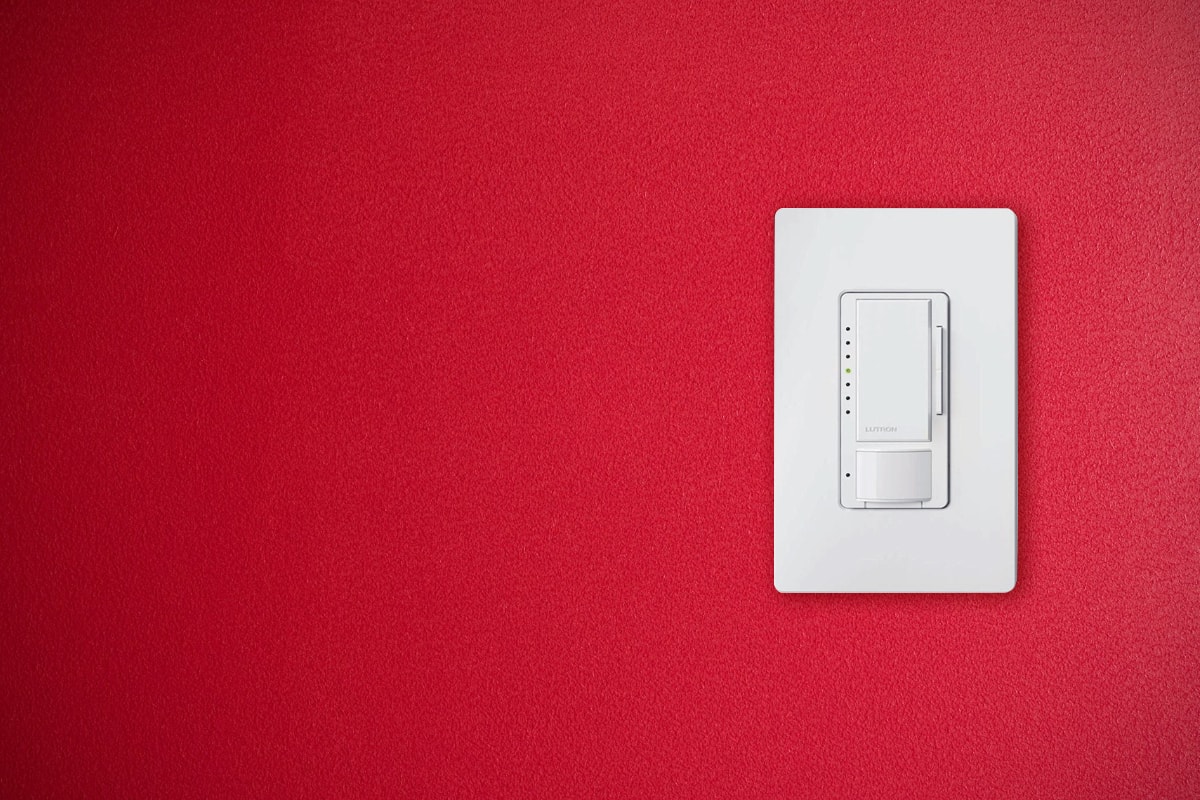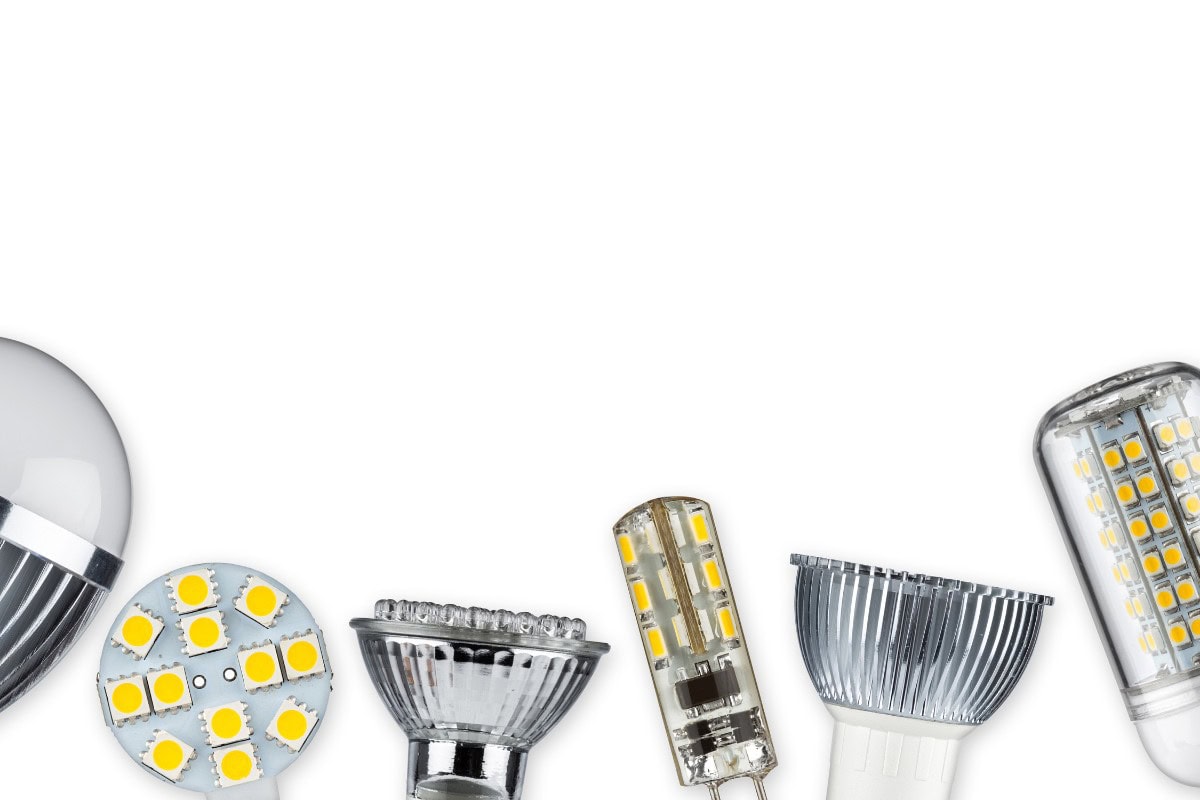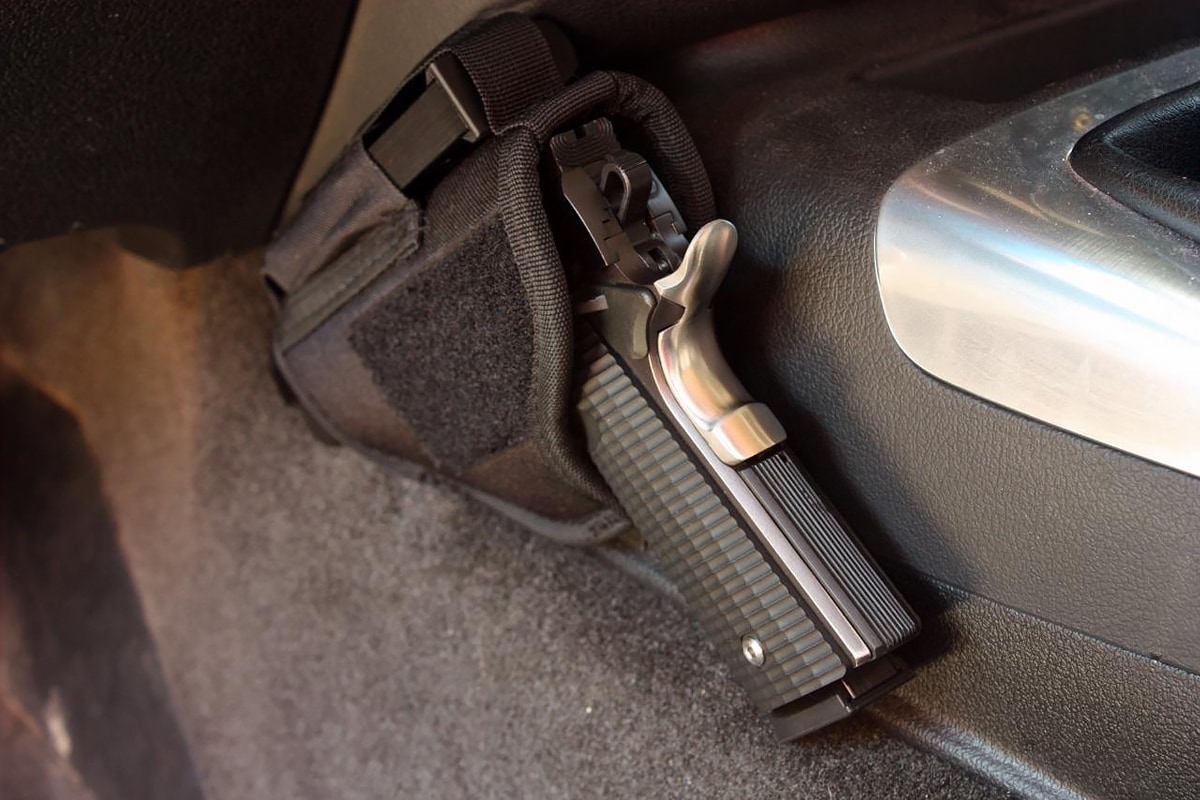Before taking on any Do-It-Yourself electrical project, it is essential to take a moment and prepare. Not only does proper preparation ensure that you will be successful, but it also helps to maintain your safety while working with or around electricity.
Unfortunately, many people who begin a lighting installation, fixture replacement, or other project that requires coming into contact with electricity neglect adequate preparation. In doing so, they inadvertently place themselves in danger, as well as increase the potential for something to go wrong with the installation, possibly adding up to a hefty repair bill before everything is said and done.
To make the process of preparation a little easier for the everyday DIYer, here is a compiled list of the most important tools and pieces of equipment you should always have access to while working with or around electricity. As you prepare for your own project, you may want to double-check your arsenal to ensure that you have everything you might need to make the job go as smoothly and safely as possible.
Universal Electrician Tools
While working around electricity definitely requires some skill, having the right tools is an essential aspect of success. Whether you are doing something as simple as removing a light fixture or something as intricate as routing wire for a new junction box, the right tools can make or break a project.
Fortunately, creating a functional electrician’s toolbox is simple, as there are a few fundamental tools that play a role in most projects. With these tools in your possession, you will have a solid foundation for just about any wiring, installation or routing project that may come up.
Below, we will outline these tools in more detail.
Wire Strippers/Electrician Pliers
A good pair of wire strippers is an essential part of any electrician’s arsenal. These handy tools are utilized to quickly and easily strip wire ends for splicing. There are a number of design options available that range from a basic wire stripper that can be used universally or higher-end designs that can be adjusted to conform to a specific wire thickness. It depends on your preference, mode of use, and, of course, your budget.
Wire Cutters/Bolt Cutters
What would be the point of having a set of wire strippers without a set of wire cutters to back them up? Wire cutters are pliers manufactured for the sole purpose of quickly and easily cutting wires to length. They generally follow the same fundamental design flow, with a basic two handle approach complete with thick shears that can be used for a variety of thicknesses. Bolt cutters can be used for wires that are exceptionally thick or for tightly braided wiring.
Utility Knife
A tool that no toolbox should be without, utility knives are cheap, versatile and easy to use. During an electrical project, they can be used to cut thin wires to length or strip thick wires by length.
Multimeter
Multimeters are one of the most coveted devices in the electrician’s tool box. They can be used to measure a wide range of characteristics pertaining to a particular circuit. These characteristics range from continuity to voltage.
Duct Tape/Electrical Tape
Both of these items are inexpensive, yet indispensable. You will be surprised how often a sturdy piece of duct tape or adhesive electrical tape will come in handy during a project.
Calculator
A necessity for keeping track of measurements or performing calculations pertaining to the characteristics of a circuit, wire thickness, or installation location.
Must-Have Safety Equipment
While a true amenity that makes many modern conveniences possible, electricity can also pack one heck of a punch of dealt with in the incorrect manner.
So whether you are a seasoned professional, or a first-time DIYer, the ins and outs of basic electrical safety should never be neglected.
We have compiled a list of some “must have” electrical safety equipment any DIY electrician should keep close during a project. By properly utilizing these tools prior to and during your project, you help to both ensure your own safety as well as drastically decrease the potential of a costly accident occurring to your home’s electrical system.
Circuit Tester
A simple yet indispensable piece of equipment that allows you to check for live wiring prior to coming into contact with it. These should be used at the start of any project to test the wiring you are about work with. They are particularly important during light installations that require you to connect the wiring from your home to the wiring on the fixture.
Insulated Tools
When purchasing the tools that you plan to use for your electrical-based project, ensure that they are insulated. The insulation itself will resemble a rubberized material in both appearance and touch, usually runs up along the handles on pliers, and will nearly cover the tool in its entirety for wrenches and screwdrivers. This insulation neutralizes an electrical current if you inadvertently come into contact with a live wire.
Safety Goggles
A basic set of safety goggles is always a good idea when working on trade projects in general. For electrical projects, they will protect your eyes from the debris shot up from power tools or while dealing with the drywall in the ceiling during a fixture installation.
Special Notes
This guide is not meant to prevent you from consulting a professional if you feel indifferent about a particular project. Instead, it is meant as a means to lay a foundation for you to work from and customize to your needs and preferences.
It is generally not recommended for individuals with little to no experience to tamper with electricity. However, for smaller projects like light installations or replacement, it is imperative that you use extreme caution when handling exposed wiring.

